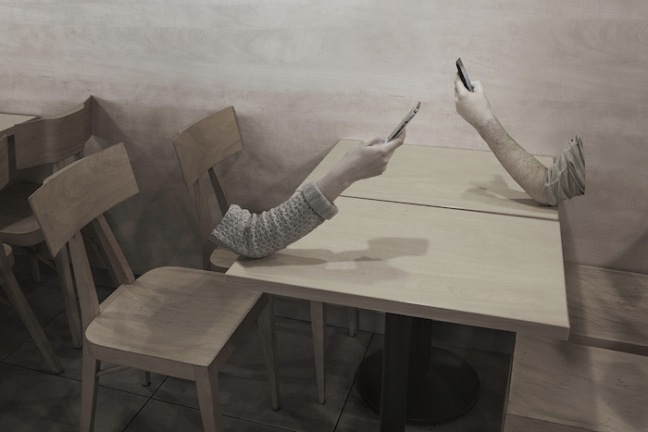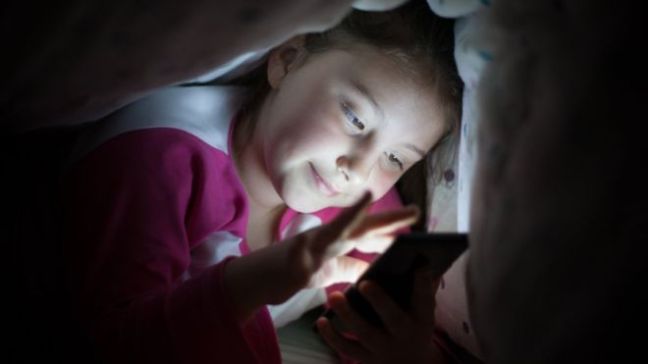- Who is this post for? Anyone who regularly expresses thoughts and opinions online
- What does it discuss? How to deal with abuse on social media
- How does it benefit you? Know how to react without expending fear or negative energy
Recently I was struck by a story about Holly Brockwell, who was asked to write an article by the BBC’s 100 Women project about why she wanted to be sterilised. The abuse she received was extraordinarily vile and no need to sensationalise it by reproducing it on this site, but if you wish to read Holly’s story you can do so here
I was waiting for a helpful follow-up to the story regarding what people can do if they encounter such abuse. Sadly there was none, so here are 5 tips we’d recommend if you are unfortunate enough find yourself in a situation such as Holly’s:
- There is no need to interact. Take a step back, calm down and ask yourself if there is anything to gain from yourself melting down online. There very likely isn’t and you’re only providing the response that the abuser wants in the first place. Nobody fair-minded or balanced will think you are weak for not responding!
- Think about the true nature of what has been said. If someone is disagreeing with you, even if it is in a passionate way, then you’ll just have to get used to it if you want to have a voice online. However if the words are genuinely threatening – for example threatening to find and harm you or your children – then you should report the abuse to the site owner and the relevant authorities. It doesn’t matter whether it’s online or not, it’s still a genuine threat.
- Did you incite the response in any way? If you have a passionate view about something then you should expect someone out there to be equally passionate with the exact opposite opinion. Disagreement does not equal abuse.
- You can block people. You are not a news outlet, this isn’t censorship! There are no obligations on you to be fair and balanced or spend your time and energy dealing with negative emotion and behaviour.
- Learn how to use your privacy controls. Be selective about what you reveal online or use controls present in most social media to hide your profile or contact details from strangers.
Do you have any tips for dealing with abuse online? Did you have any negative experiences and have experience to share? If so we’d love to hear from you!





